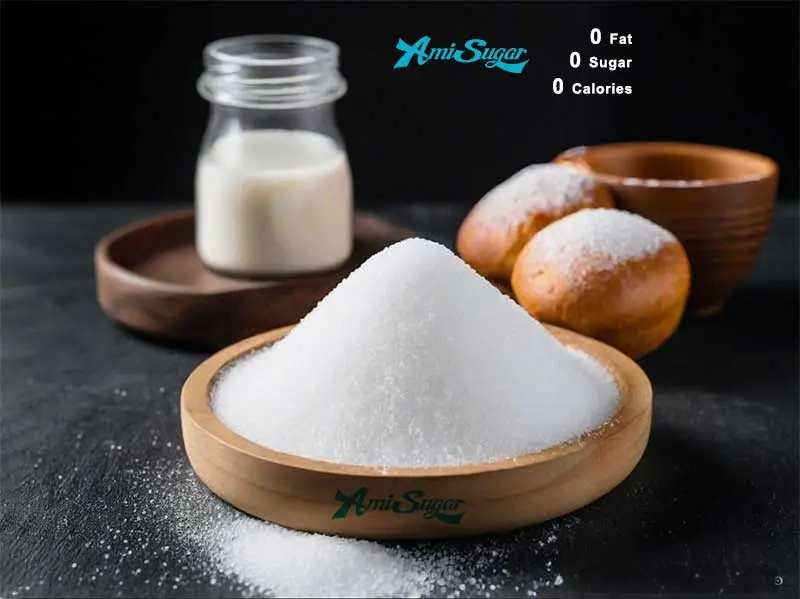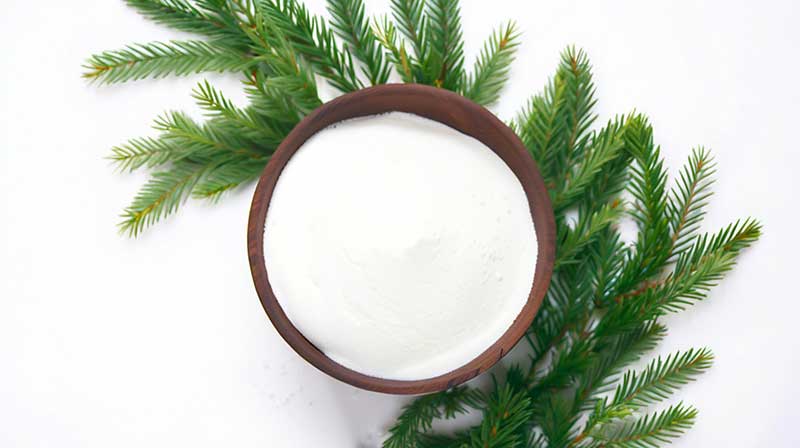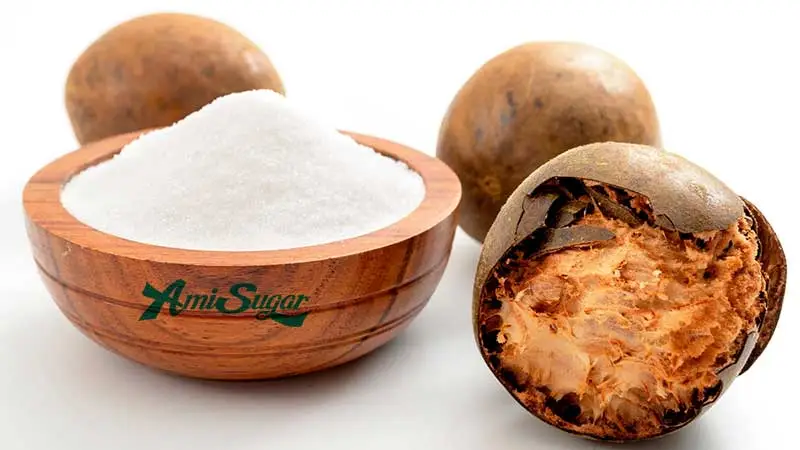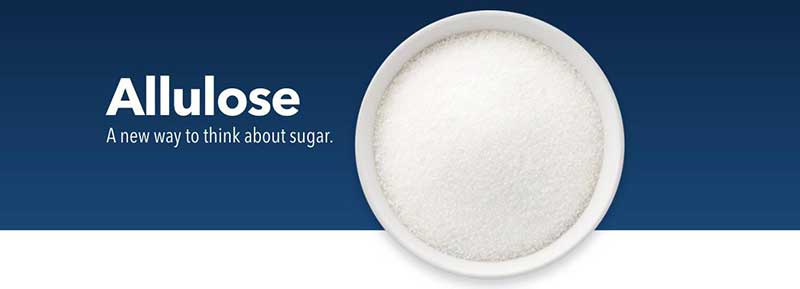The demand for healthier, lower-sugar options in baked goods is on the rise. With growing concerns about obesity, diabetes, and the quest for low-carb diets, consumers are turning to alternatives that provide sweetness without the added calories and blood sugar spikes. For wholesalers in the food industry, understanding the best sugar substitutes for baking is crucial to meeting the evolving needs of your customers, from health-conscious individuals to businesses in the foodservice and retail sectors.

we will explore the top sugar substitutes for baking, considering factors such as sweetness, texture, cost-effectiveness, and consumer demand. If you’re a wholesaler looking to expand your product offerings, this guide will help you navigate the growing market for healthier sweetening options.
1. Erythritol: The All-Purpose Sweetener
Why It’s Popular:
Erythritol is one of the most popular sugar substitutes in the baking industry today. It is a sugar alcohol that provides sweetness without the calories. Erythritol has about 70% of the sweetness of sugar, making it a versatile choice for a variety of baked goods, from cookies to cakes.

Why Wholesalers Should Consider It:
- Zero Calories: It doesn’t add any calories or cause spikes in blood sugar, which makes it a strong option for the growing market of sugar-free and low-carb products.
- Texture: Erythritol mimics the bulk and texture of sugar, making it ideal for recipes that require structure.
- Wide Use: It’s highly versatile and can be used across many baking applications, offering scalability for wholesalers supplying businesses in multiple sectors.
- Cost-Effective: Erythritol is relatively inexpensive, which makes it a cost-efficient option for both manufacturers and consumers.
Considerations for Wholesalers:
- Digestive Issues: In high quantities, erythritol can cause digestive discomfort like bloating and gas, although it’s generally better tolerated than other sugar alcohols.
- Blends: Many manufacturers combine erythritol with other sweeteners like stevia or monk fruit to enhance taste and reduce aftertaste.
2. Monk Fruit Sweetener: The Natural Powerhouse
Why It’s Popular:
Monk fruit extract, derived from the monk fruit in Southeast Asia, is a natural sweetener with zero calories and no effect on blood sugar. It’s often blended with other sweeteners like erythritol for improved texture and sweetness balance.

Why Wholesalers Should Consider It:
- Natural and Healthy: As consumers become more health-conscious, natural and plant-based sweeteners are in high demand. Monk fruit is non-GMO and free of chemicals, making it a strong contender in the “clean label” trend.
- No Blood Sugar Spikes: It’s ideal for the diabetic and low-carb markets.
- Versatile and Potent: Monk fruit is 100-250 times sweeter than sugar, which means a little goes a long way. This makes it highly efficient for product formulation.
Considerations for Wholesalers:
- Higher Cost: Monk fruit sweetener tends to be more expensive than other substitutes, so pricing may need to be adjusted.
- Taste Profile: Some people find it has a slightly fruity or herbal aftertaste, so blending it with other sweeteners is common to smooth out the flavor.
3. Stevia: The Tried-and-True Natural Sweetener
Why It’s Popular:
Stevia is a well-known natural sweetener extracted from the leaves of the Stevia rebaudiana plant. It has been used for centuries as a sweetener in various cultures, and its popularity has surged in recent years, especially for those following low-calorie, low-sugar, or keto diets.

Why Wholesalers Should Consider It:
- Zero Calories: Like monk fruit, stevia contains no calories, making it an attractive option for low-calorie and sugar-free products.
- Well-Known Brand Recognition: As one of the most well-known and widely used sugar substitutes, stevia has brand recognition that can be a selling point for both manufacturers and consumers.
- Wide Availability: Stevia is readily available in both liquid and powder forms, providing flexibility for different product formats.
Considerations for Wholesalers:
- Aftertaste: Stevia can have a bitter aftertaste, especially when used in higher concentrations. This is why stevia is often blended with other sweeteners like erythritol to balance out its flavor.
- Cost: Pure stevia can be more expensive than other substitutes, although its high sweetness potency means smaller quantities are needed.
4. Allulose: The Sugar-Like Sweetener with Few Calories
Why It’s Popular:
Allulose is a relatively new sugar substitute that closely mimics the taste and texture of traditional sugar. It is a monosaccharide (simple sugar) found naturally in small quantities in fruits

Before selecting a sugar substitute, it’s crucial to understand the dietary trends that are driving consumer demand. Different sweeteners appeal to different consumer segments, and tailoring your product offerings to these preferences will set your business apart.

